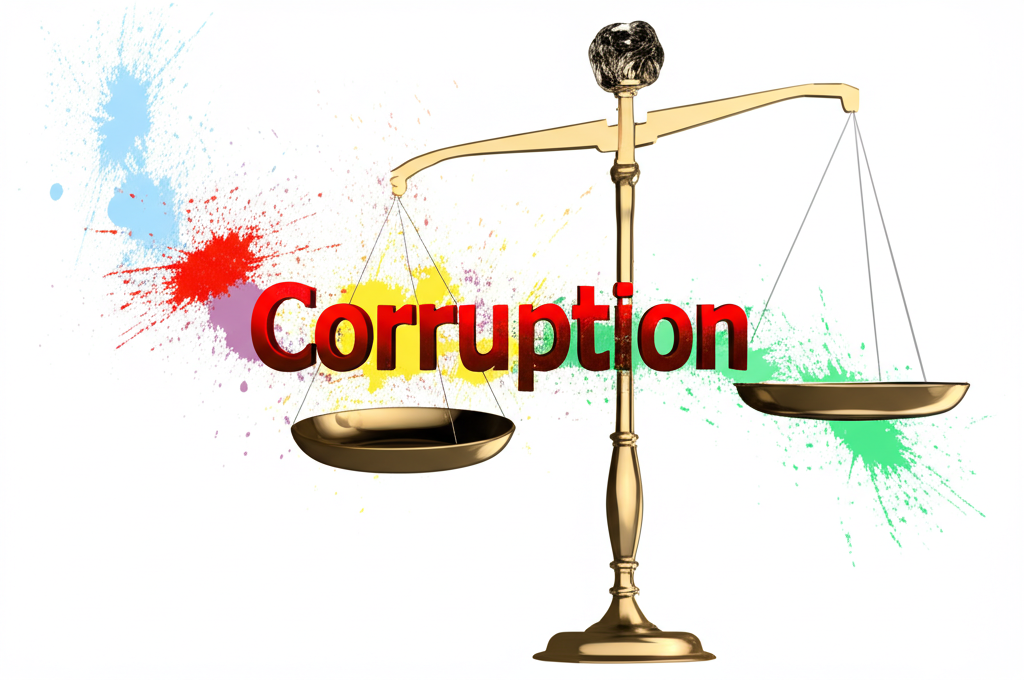- Controversial Bill: The National Assembly is considering a bill to grant indigenous rights based on residency or marriage.
- Yoruba Group’s Opposition: Think Yoruba First strongly opposes the bill, warning of cultural erosion and ethnic conflict.
- Historical Ties: The group argues indigenous identity should be based on ancestry, not just residency.
- Call for Restructuring: They urge the National Assembly to focus on ethnolinguistic restructuring for lasting peace.
Indigenous Rights Under Fire?
A storm is brewing in Nigeria’s political landscape! The Think Yoruba First Organisation is fiercely opposing a proposed federal bill that could redefine who is considered indigenous in Nigeria. This isn’t just about semantics; it’s about the very fabric of Nigerian society.
What’s the Big Deal?
The bill, championed by a member of the House of Representatives, seeks to grant indigenous rights to Nigerians based on residency or marriage. Think Yoruba First argues this is a dangerous path that could wipe out the unique cultural and historical identities of various ethnic groups across Nigeria. According to them, this could lead to increased ethnic tensions, conflicts, and long-term instability. Think of it like saying anyone who lives in a certain house automatically becomes part of the family – even if they have no blood relation!
Citing Global Examples
The organization points to countries like the United States, Australia, Canada, and New Zealand, where indigenous rights are closely tied to ancestry and historical connection to the land. They argue that these protections are in place to prevent cultural erasure and maintain historical continuity. If Nigeria abandons this principle, it could open a Pandora’s Box of problems.
The Ghost of Conflicts Past
Think Yoruba First warns that messing with indigenous identity could reignite ethnic conflicts. They cite devastating examples like the Rwandan genocide and the Balkan Wars as cautionary tales. Nigeria itself has a history of ethnic clashes rooted in land and identity disputes, including the crises in Jos, Southern Kaduna, and Ife-Modakeke. The clashes between herders and farmers in the Middle Belt also highlight the sensitivity of these issues.
A Call to Action
The organization is urging the National Assembly to ditch the proposed bill and instead focus on ethnolinguistic restructuring – a concept championed by Chief Obafemi Awolowo. They believe this is the only way to achieve lasting peace, economic empowerment, and fair development for all Nigerians, without trampling on the historical and cultural heritage of indigenous peoples.
The Future of Nigeria’s Identity
“The indigenous identity of Nigeria’s ethnic nationalities is a sacred heritage that must not be sacrificed on the altar of political expediency,” the group stated. They warn that passing this bill could set a dangerous precedent, leading to the irreversible destruction of Nigeria’s ethnic foundations and potentially causing deeper fragmentation and even disintegration.
What’s Next?
The organization is calling on all representatives from the South West, South South, and North Central regions to vehemently oppose the bill. They believe that protecting indigenous rights is a fundamental responsibility that cannot be compromised.
Beyond the Bill: A Deeper Dive into Indigenous Rights
The debate over indigenous rights extends far beyond the borders of Nigeria. Indigenous populations around the world face similar challenges, from preserving their languages and traditions to protecting their land and resources. Understanding these issues requires a nuanced approach that respects the unique history and culture of each group.
Ethnolinguistic Restructuring Explained
But what exactly is ethnolinguistic restructuring? It’s a concept that promotes the reorganization of a country along ethnic and linguistic lines. Proponents argue that this can lead to greater autonomy and self-determination for different groups, reducing the potential for conflict and promoting more equitable development. However, critics worry that it could also lead to further fragmentation and instability.
The Potential Impact on Nigeria
The passage of this bill could have far-reaching consequences for Nigeria. It could affect everything from land ownership and resource allocation to political representation and cultural preservation. It’s a complex issue with no easy answers, and it’s crucial for all stakeholders to engage in a thoughtful and informed discussion to ensure the best possible outcome for the country.





